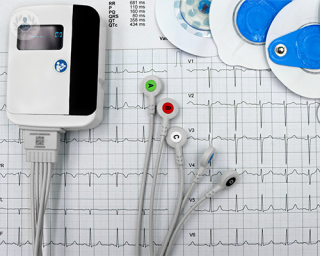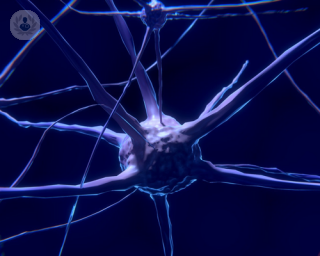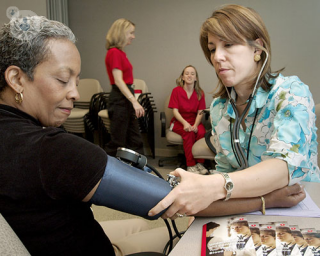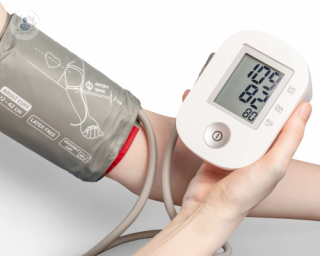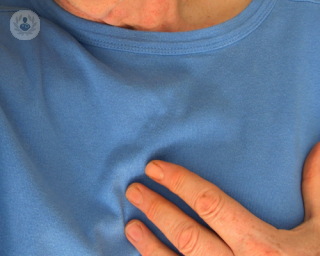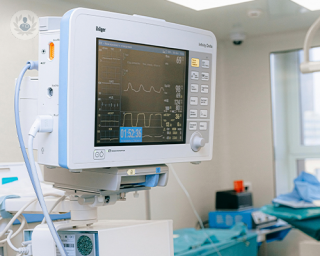
Por Dr Arvind Vasudeva
26.09.24
кардиология для взрослых
The silent killers: understanding and preventing sudden cardiac arrest
Sudden cardiac arrest (SCA) is one of the leading causes of death. It often occurs without warning and can affect people of all ages and health levels. In this article, we will answer common questions that patients may have about this serious condition, how to recognise it, and most importantly, how to prevent it.

